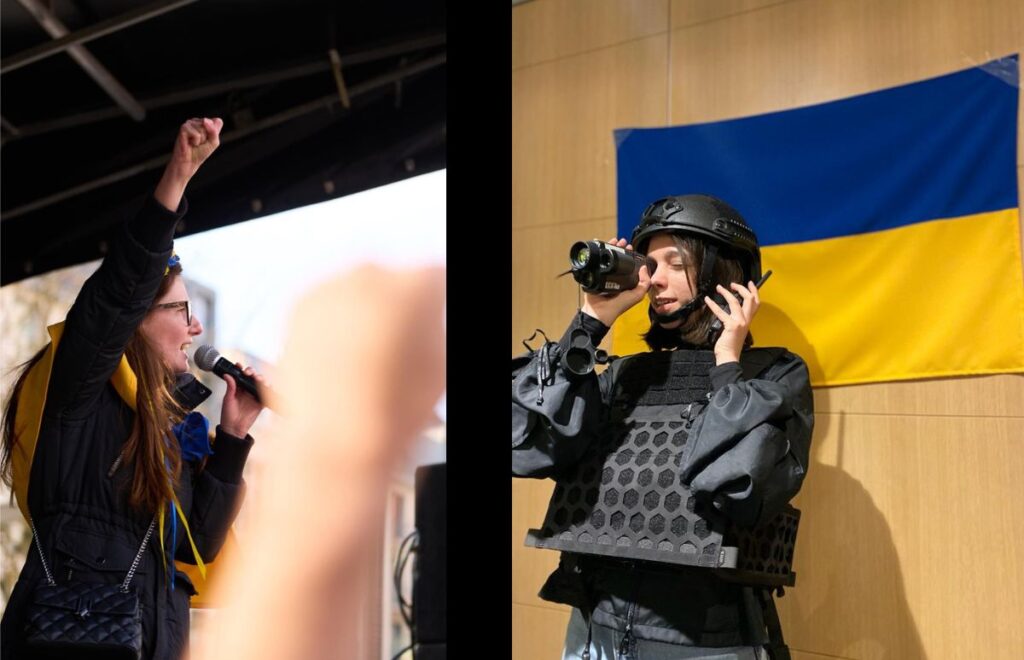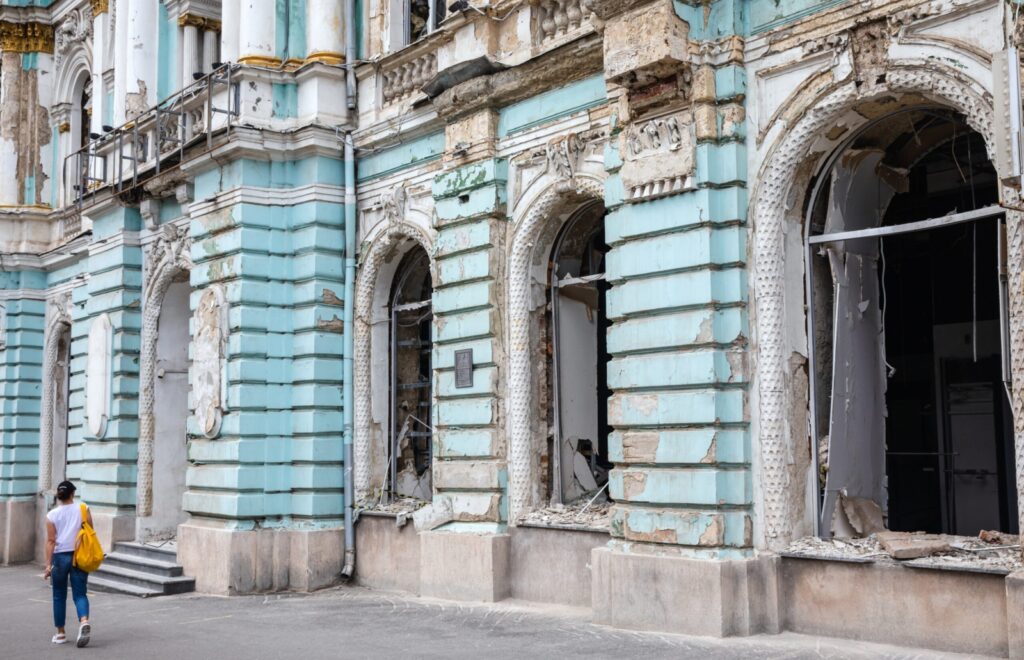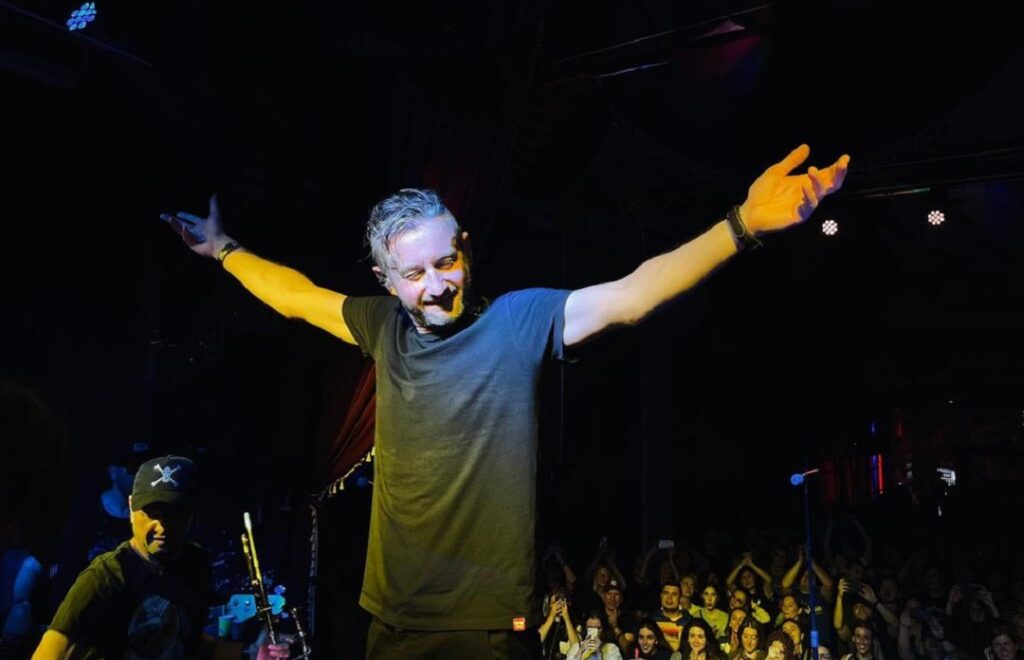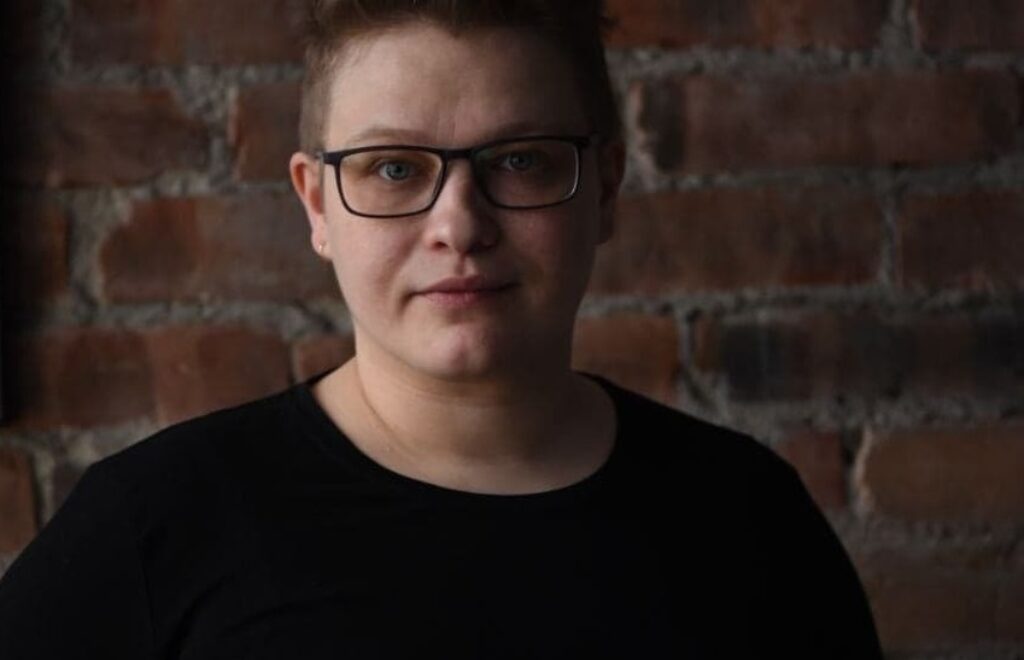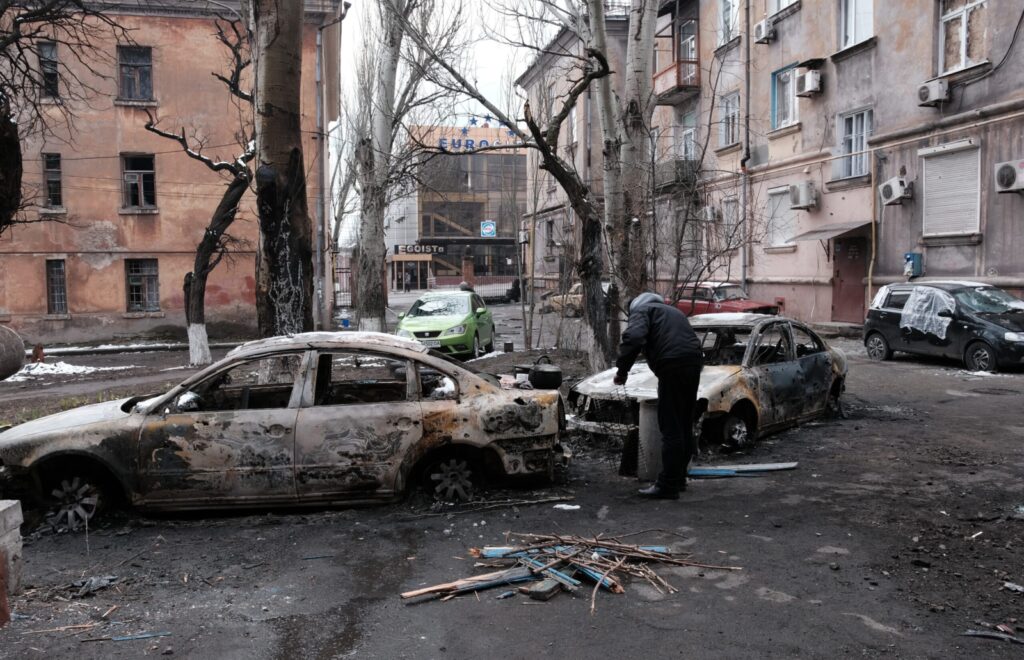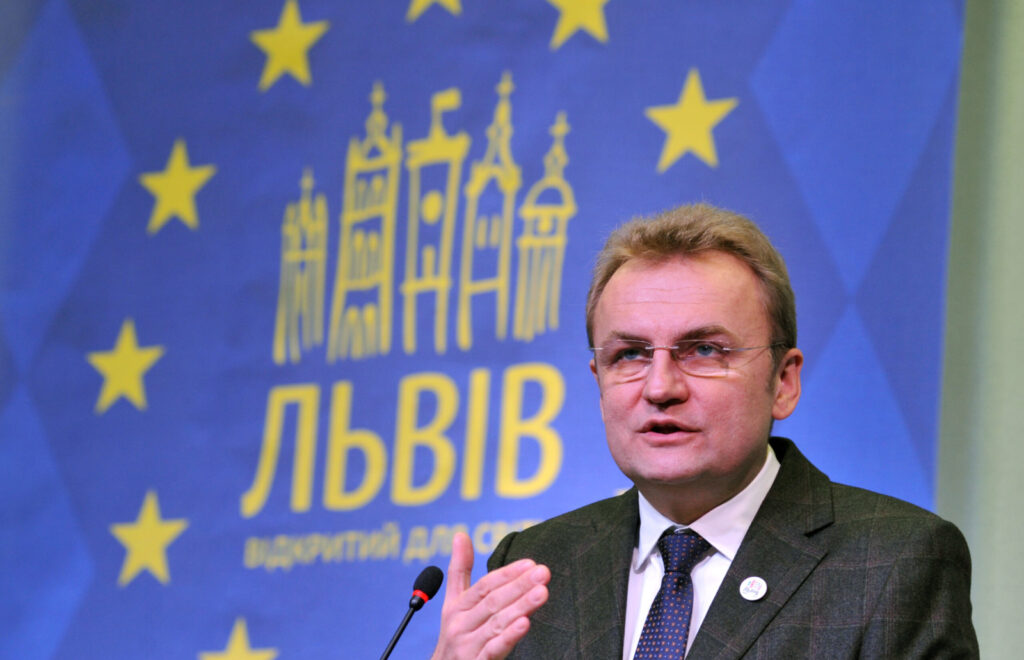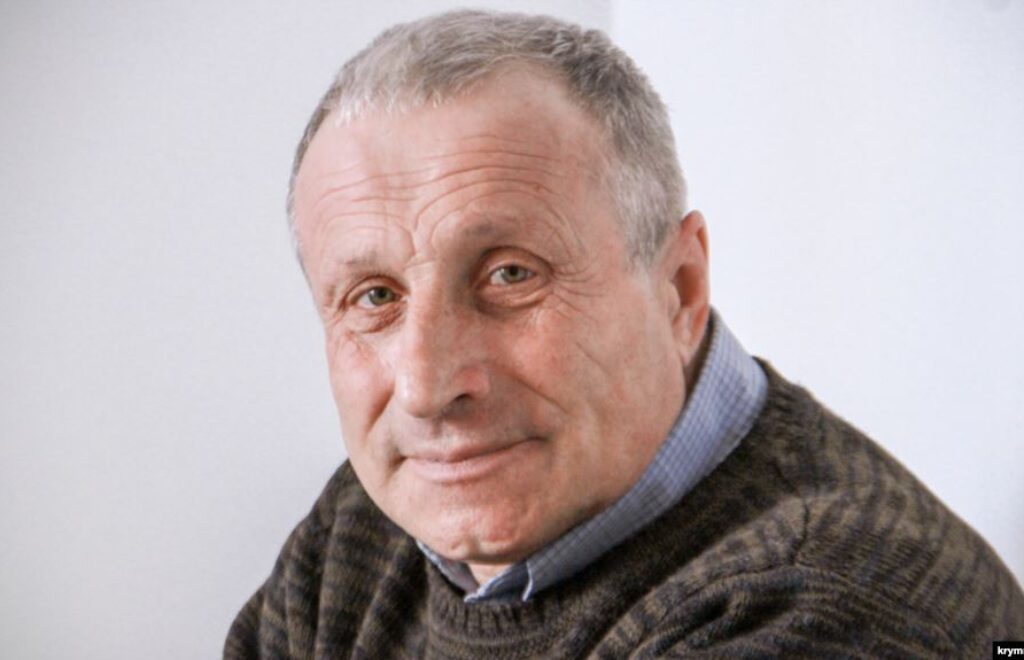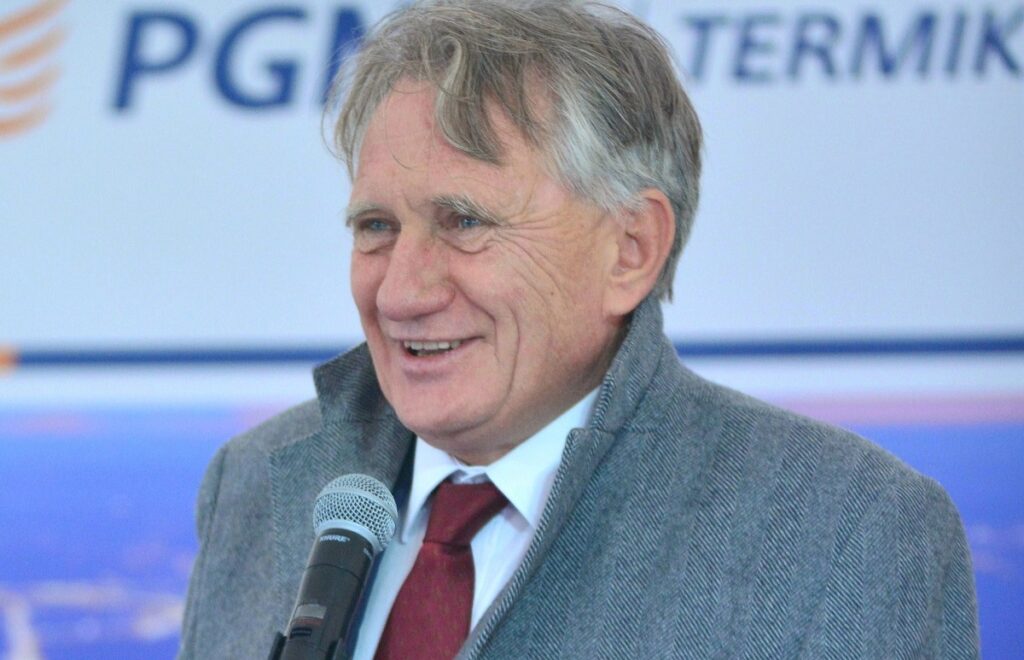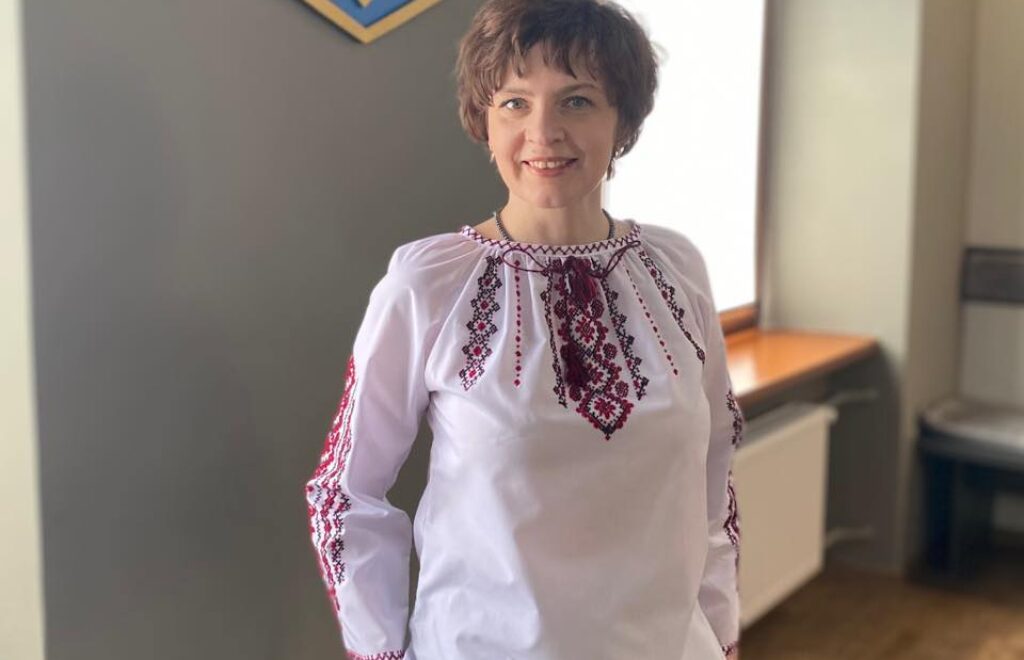Inaction is something we cannot tolerate
AGNIESZKA WIDŁASZEWSKA: How was Promote Ukraine (PU) established back in 2014 and what kind of activities has it been focusing on since then?
OKSANA BULDA: After the war started in Ukraine in 2014, there was a need to create a Ukrainian hub, so to say, to promote Ukrainian interests and share information about all of the developments related to the situation in Ukraine. At first, it was perceived more as a diaspora organisation but with time, given that Brussels is the heart of Europe, there was a need to launch wider activity. PU went through many transformations.
December 7, 2022 - Agnieszka Widłaszewska Liza Bezvershenko Oksana Bulda


